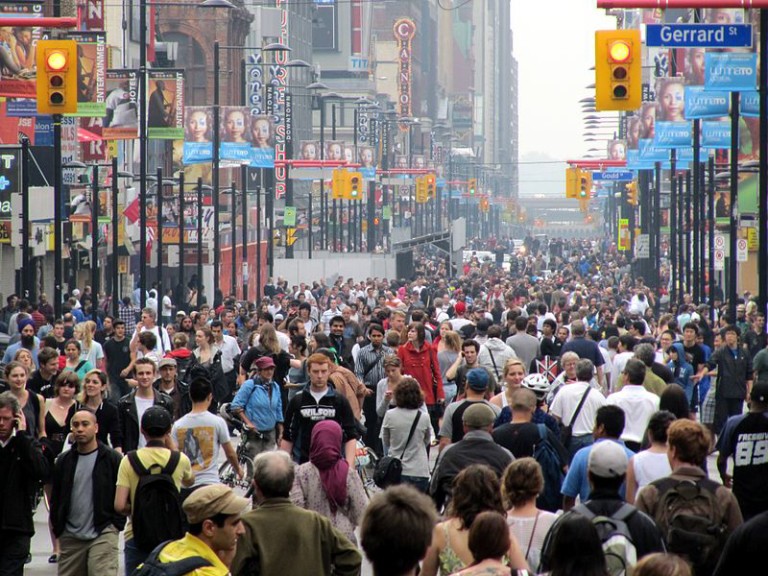
As the world’s populations continue to grow and to get richer we will see a change in our city landscape. Over the next few decades, billions of people will move from rural areas and into cities. About 1.4 million people are moving into cities every week. And cities are already bursting at the seams. Cities in India and China like Hyderabad and Guizhou are cities that are already home to millions of people. And they host legendary traffic jams. Yet, the emergence of megacities has now become normalised. In fact, most people haven’t even heard of them.
If these cities are to avoid grinding to a complete standstill as they expand, they’re going to have to adopt some new smart engineering and tech. By the end of the century, the UN predicts that something like 85 percent of people will be living in cities. They also predict that the global population will be 10 billion.
What’s more, this isn’t just a problem for emerging markets. If rich nations are to maintain their economic lead, they too are going to have to find ways of improving efficiency.
In order to minimise the impact on people’s lives and on the environment, engineering companies are turning to low impact method. Installing a new pipeline or digging a new hole will no longer be the disruptive operation it once was.
Trenchless technology will go ever more mainstream. Examples of trenchless drilling can be readily found already on sites like dmcivil.com.au.
But will methods like these be enough to resolve our problems? As always, people are turning to digital technologies. At the recent Globe 2016 conference, a number of rather radical solutions were put forwards. Engineering cities look like it will depart dramatically from what we are used to.
Making cities more effective and efficient is going to rely more on being smart than on brute force. The old nineteenth and twentieth-century paradigms of just building bigger and better look like they will be forced to come to an end. Instead, the very nature of cities will change. Homes and offices will begin to merge into one as connectivity improves and our carbon footprint expands. What’s more, because fewer buildings will be needed to house people, civil engineering will slowly change.
People will demand green spaces in their cities to fill the voids left by old offices and plant. Engineering companies with expertise in landscaping and management will work to rejuvenate these spaces. And as a result, the hope is that cities will become more of a place that we want to live, rather than somewhere that we have to live.
Homes and supermarkets will be built ever closer together to reduce the number of journey times. And smart grids will do what they can to control the flow of traffic in the most optimal way. Once AI begins to make its impact on our roads, through the use of autonomous vehicles, the amount of road space required should reduce.
Once our cities are something that we enjoy, rather than survive, they’re likely to become somewhere we cherish. To find out more go to globeseries.com.
